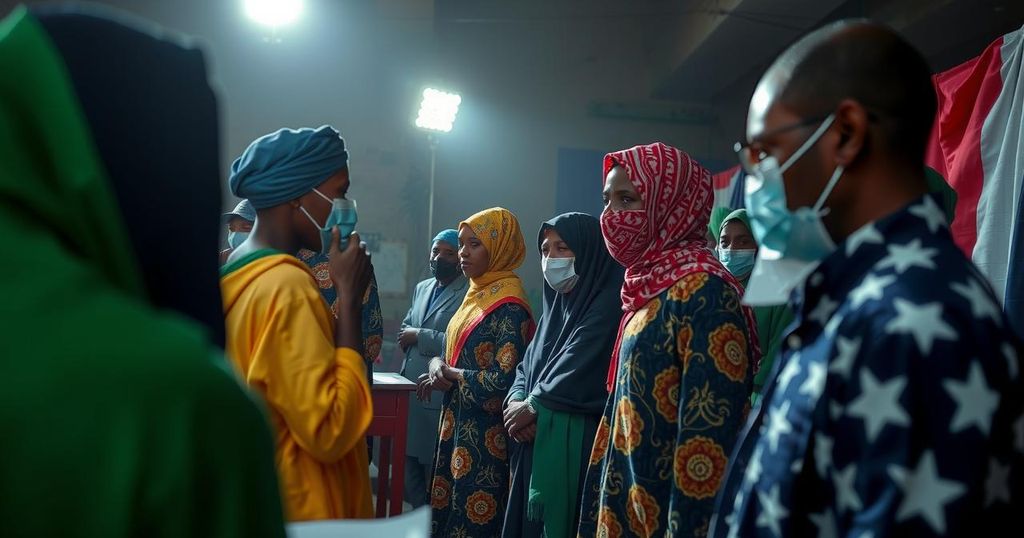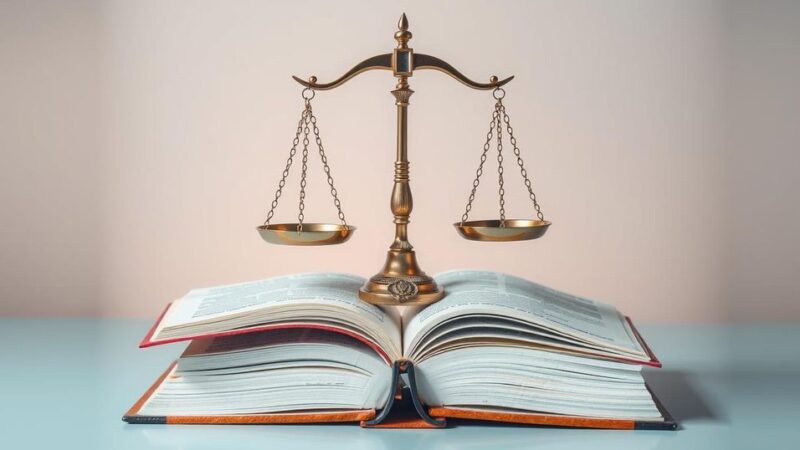Senegal’s tense electoral campaign concludes ahead of a crucial legislative election. President Bassirou Diomaye Faye, elected on an anti-establishment platform, seeks a parliamentary majority to implement reforms. The campaign has been marred by violence and oppositional clashes, provoking concerns about the stability and future of Senegal’s democracy in a region prone to political unrest.
Senegal concluded its intense electoral campaign on Friday, just before a pivotal legislative election scheduled for this weekend. This election is crucial as it will determine the ability of President Bassirou Diomaye Faye to initiate significant reforms after his election in March, where he gained support on an anti-establishment agenda. Currently lacking a parliamentary majority, Faye seeks increased authority to combat corruption and ensure local benefits from the nation’s natural resources. The political landscape has been charged, especially following the dissolution of the opposition-run parliament by Faye in September, setting the stage for a snap election. His party faces opposition from the Takku Wallu coalition led by former President Macky Sall. The campaign has been marred by violence, with disputes among party supporters resulting in injuries and property destruction, as noted by the ministry of the interior. Ousmane Sonko, the prominent opposition leader and former minister, condemned the violence against his party’s supporters and emphasized the necessity of exercising their right to respond, although he later urged a commitment to peaceful conduct. Previous incidents of violence during the campaign have also raised concerns about the stability of the electoral process. The backdrop to these tensions includes recent civil unrest in Senegal, a nation that has prided itself on democratic resilience amidst regional turmoil. The March presidential election had already tested this reputation, with mass protests igniting over the political imprisonments of both Faye and Sonko. Their release prior to the elections came as part of a political amnesty, underscoring the fragile state of political harmony in the country, which has seen over a thousand individuals detained during protests and dozens reported killed.
Senegal’s upcoming legislative elections occur against a backdrop of heightened political tensions and violence. Historically regarded as one of West Africa’s most stable democracies, Senegal is experiencing significant unrest following the recent presidential election. This unrest has been further exacerbated by previous arrests of political leaders and the threat of escalating violence, challenging the nation’s democratic framework. President Faye’s promise to reform governance and address corruption is now contingent upon securing a parliamentary majority in these elections.
In conclusion, Senegal’s legislative election represents a critical juncture for the country’s democratic processes. As political rivalries intensify and violence erupts, the electoral outcome will not only determine the future of President Faye’s reform agenda but also the stability of democracy in a region marked by political upheaval. The campaign’s conclusion and the behavior of party supporters are indicative of the challenges ahead, as the electorate prepares to make pivotal decisions for the nation’s governance.
Original Source: apnews.com






